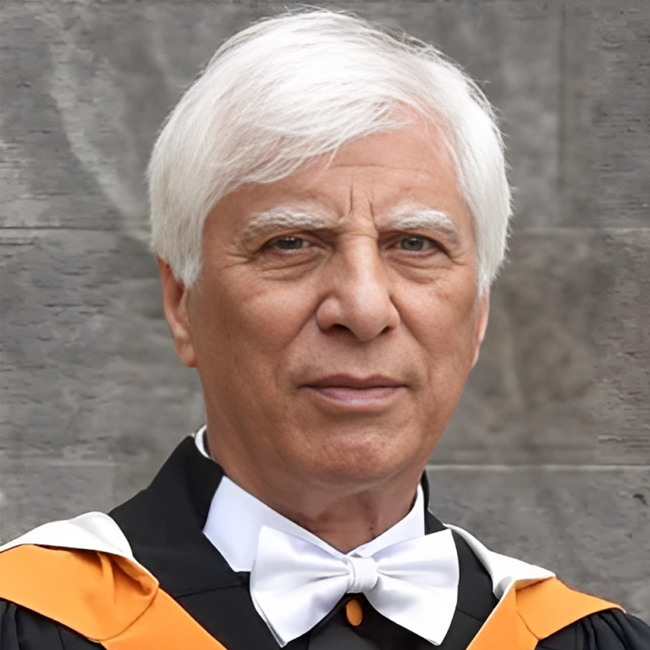

Bahram Beyzaei (December 26, 1938) is a playwright, stage and film director, and screenwriter. He is known as Iran’s most famous living screenwriter, with many of his works adapted into films.
He began his filmmaking career by creating a short black-and-white film Amū Sībīlū (Uncle Mustache) in 1969. During the years before and after the 1979 Revolution, he faced difficulties in making his films, and the ones he made were banned by the Iranian government. Regardless, he produced notable works such as Ragbār (Downpour, 1971), Bāshū, gharībah–yi kūchak (Bashu, the Little Stranger, 1986), and Marg-i Yazdgird (Death of Yazdgerd, 1981).
Critics lauded his dramatic integrity, crowning him as the best Iranian filmmaker in 2002. He stood as one of the founding members of the Iranian Writers’ Association from its inception in 1968 until 1978. In addition to his cinematic career, he has made notable contributions to Iran’s dramatic art, particularly through his plays and publications on the history of theater, which offer reliable accounts on the history of theater in Iran as well as in some other countries. He has created plays that are exceptional literary works due to Beyzaei’s mastery of Persian language and literature, such as Marg-i Yazdgird (Death of Yazdgird; 1979), Fathnāmah–i Kalāt (1982) and Tūmār–i Shaykh Sharzīn (1986).
Beyzaei’s works rigorously examine the intersections of history and identity crises through Iranian cultural symbols and mythical paradigms. His meticulous attention to detail ensures that each scene in his films carries profound meaning and aesthetic value. A popular and critically acclaimed filmmaker in Iran and abroad, he is widely recognized as a pioneering figure of Iranian New Wave cinema.
